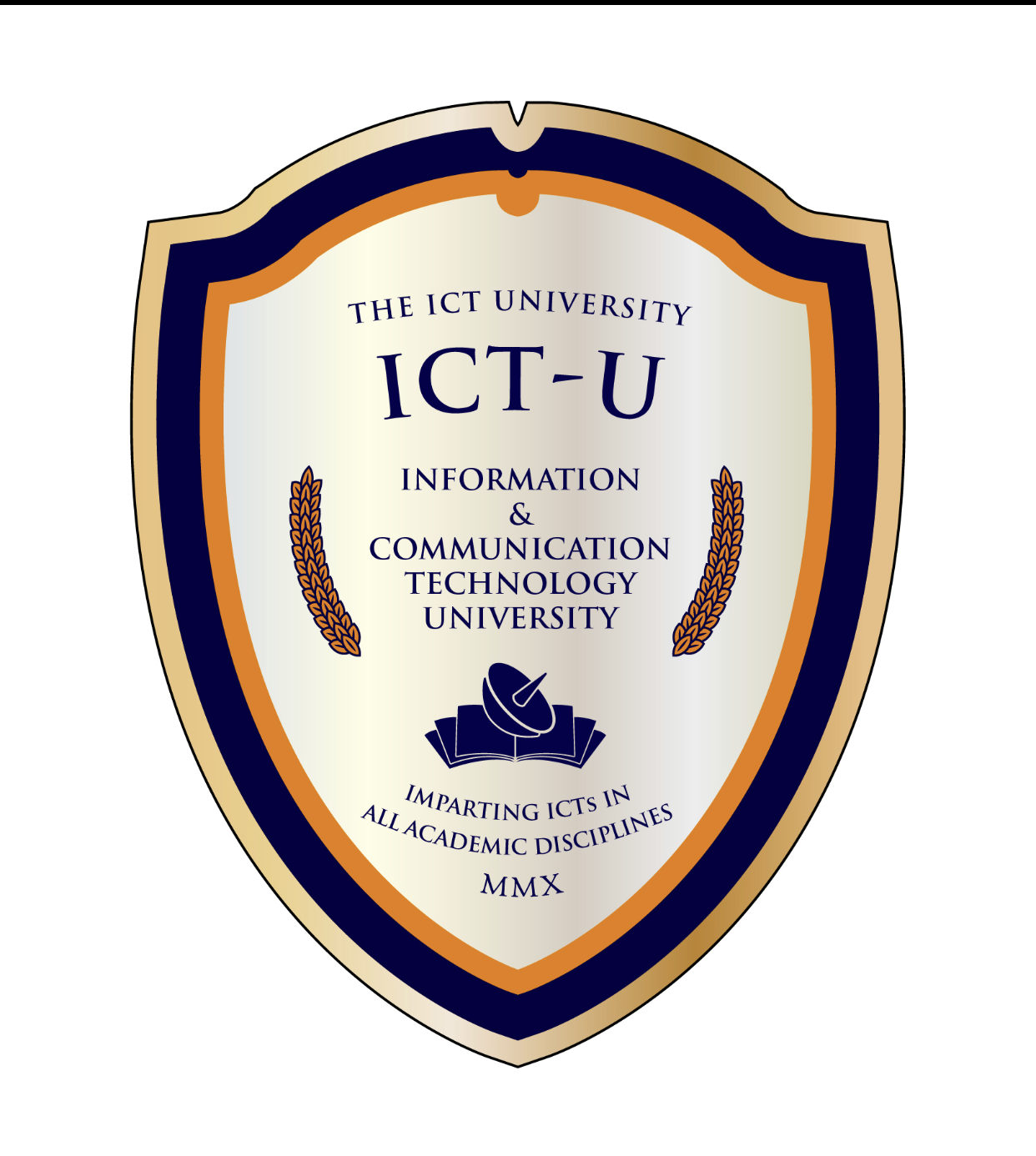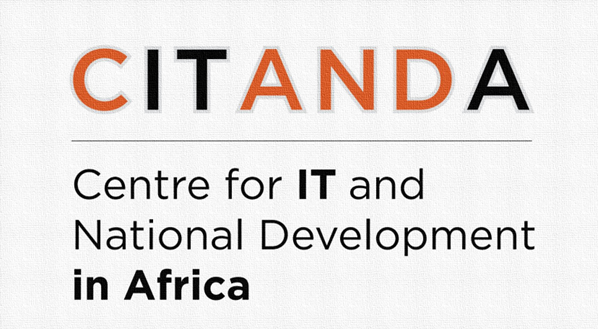Special Issue: Information Technology and the African Networked Society.
Information Technology and the African Networked Society.
The African Journal of Information Systems is pleased to present seven papers that emanated from the 2017 (3rd) edition of the African Conference on Information Systems & Technology (ACIST). The seven papers are among the 36 papers that were accepted at ACIST 2017 and are structured around the theme Information Technology and the African Networked Society. The theme points to the fact that the African Society is increasingly becoming networked with IT, and producing patterns and dynamics in technology, innovation, modernization and development. The African Networked Society (ANS) speaks of IT networks intermeshing with the African society of individuals, organizations and nations. ANS can be exploited by individuals, organizations, and individuals to accelerate the flow and exchange of ideas, policies, and cultures to achieve socio-economic advancement of Africa. After acceptance in ACIST, these papers were recommended for AJIS. They went through another rigorous double-blind review with AJIS before final acceptance. A paper by Kofi Arhin and Gamel O. Wiredu draws upon a discourse and organizational change framework to examine how information security in an organization is implicated by communicative actions, deep structures, and communication traits. As a rationale, the authors argue that even though non-technical information security ideas have been espoused by researchers, they have excluded the role of organizational communication. In this study, they seek to explain information security from an organizational communication perspective. The paper by Mark Provost, Kevin Allan Johnston and Maureen C. Tanner explores the digital disruption phenomenon within the context of a financial services organisation. Given that digital disruption is breaking down long established business models, this paper examines IT manager’s perceptions and strategic response towards digital disruption. Lindani Castro Khanyile and Marijke Coetzee contend that previous collaboration among team members was static in nature, but today loosely enabled collaboration needs to support flexible schedules, ad hoc processes and members that may not be known in advance. They argue that current crowdsourcing platforms that enable software developers to contribute their skills to projects do not meet the social needs of participants as they collaborate. With this problem in mind, the authors presents a cost-effective approach to collaboration that aims to assist users to find suitable collaborators to team up with. The proposed Collaboration Circles application is able to find the best time to collaborate using Google+, Google calendar and a weighted assignment algorithm. Nugi Nkwe present explores how Social Network Sites (SNS) can be modelled to adequately reflect the multi-dimensional nature of SNS usage in workplace contexts. The author presents results of a multi-phase process used to develop and validate measures of the deep structure SNS usage construct from both hedonic and utilitarian perspectives. The paper by Paul Wando Mungai and Jean-Paul Van Belle seeks to understand the existing interactions between actors of the Kenya Open Data Initiative (KODI), and how the actors’ interests are aligning to achieve openness and transparency of government operations. Brown C. Msiska explored the concept of a software ecosystem longitudinally and observes that no matter how good the boundary resources a software ecosystem provides, third party development remains a mere possibility until there exists adequate external generative capacity. Taking into consideration this observation, the paper makes a contribution by extending the boundary resources model to foreground external generative capacity alongside boundary resources as factors that influence third party development. The paper by Agnes Chigona is premised on the fact that even though an educators’ digital fluency is one of the most important skill required for effective curriculum delivery in connected classrooms, most educators in developing countries are still unable to take advantage of the connectivity for teaching and learning. This paper therefore interrogates the educators’ digital fluency as a necessary competence for effective curriculum delivery in connected classrooms.Articles
An Organizational Communication Approach to Information Security
Kofi Arhin and Gamel O. Wiredu
Awareness and Preparedness of IT managers to digital disruption: A South African Exploratory Case Study
Mark Prevost, Kevin Allan Johnston Prof, and Maureen C. Tanner
Collaboration Circles: empowering job seekers to find work using ad-hoc collaboration networks
Lindani Castro Khanyile and Marijke Coetzee
Understanding the Kenya Open Data Initiative Trajectory based on Callon’s Moments of Translation
Paul Wando Mungai Dr and Jean-Paul Van Belle Prof.


